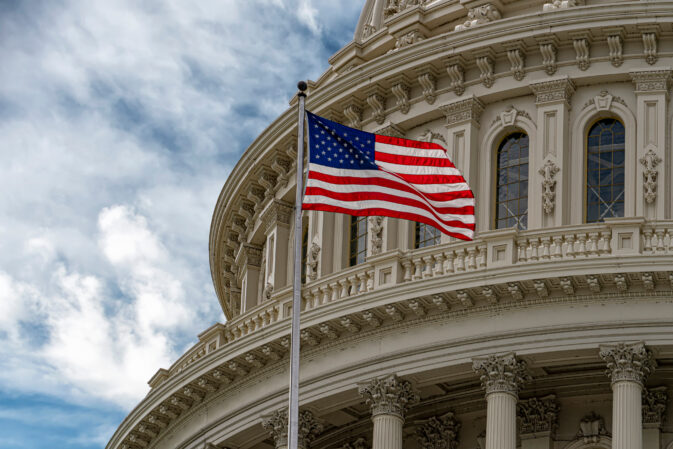America’s Unique Culture Fuels Minority Entrepreneurship

Carlos Gazitua is the owner of Sergio’s Restaurant in Miami. Carlos’s grandmother and mother founded Sergio’s after fleeing Fidel Castro’s Cuba and landing in America with nothing but the clothes on their backs and recipes for authentic Cuban food in their heads. Opening a restaurant was a way for the family to escape the factory floor and become financially independent.
Carlos pinpoints a major reason why this success is possible in America: the country’s culture of entrepreneurship. “There’s a culture in America of independence, freedom, and taking risk. There’s a culture that if you put your hard work in, your earnings are not to be shared.”
Carlos contrasts America’s reverence for entrepreneurship with the “tall poppy syndrome” in other countries, wherein successful entrepreneurs get cut down by government and society for standing apart from the rest. “In other countries, success brings shame and earnings must be shared in society. In other countries, you can’t even open a business and if you do everything is taken by the government.”
America’s culture of entrepreneurship gives ordinary people the courage to pursue their dreams. In contrast to other countries where only the privileged have a realistic shot at entrepreneurship, almost anyone and everyone is encouraged to be an entrepreneur in America, no matter their background.
This culture is especially beneficial to minorities who may not have the connections, capital, and class background to become entrepreneurs in other countries. Even entrepreneurial failure is paradoxically considered success in America, whereas in other countries it is an embarrassment. This culture inspires confidence in minorities from even the most challenging backgrounds to pursue their entrepreneurial dreams.
Carlos argues that minority entrepreneurship itself helps foster a pro-entrepreneurship culture. “Only through everyone’s understanding of how hard it is to be successful will people appreciate success of others. When you’re an entrepreneur, you appreciate successes of others because you know how hard it is.”
He says that successful minority entrepreneurs are responsible for America’s melting pot of assimilating cultures. He calls on minorities to “show their success” to indicate to younger generations that minority entrepreneurship success is possible, and that the economic system is not rigged the way progressives claim. “Entrepreneurship is the essence of the American Dream,” Carlos concludes. “Successful small businesses ensure independence, assimilation, and freedom.”
Many Americans don’t recognize how equal economic opportunity truly is in this country, where success is based on merit and hustle, not intrinsic characteristics. This lack of appreciation results from progressives and their media trumpets producing a steady drumbeat of propaganda that the United States suffers from unacceptably high rates of inequality. Politicians use this media narrative as a justification to grow the size of government at the expense of entrepreneurs.
All the while, progressives and the media never mention that economic opportunity is far less equal in other countries. For instance, they conveniently ignore:
- The United Kingdom’s entrenched class system, where economic success can come down to whether entrepreneurs have the proper English accent and where people are discouraged from venturing too far above their station.
- Canada’s crony capitalist alliance between big corporations and big government that works to shut out entrepreneurial upstarts.
- Asia’s hierarchical economic structure that rewards seniority and status over ingenuity and merit.
- France’s preference for graduates from the country’s top universities, known as Grande Écoles, over ordinary entrepreneurs who have stronger skills.
- The apprenticeship programs in Germany, Austria, and Switzerland that are great for those who take part in them but also lock out hard workers and fast learners who weren’t able to access them.
- The managerial capitalism that persists in every other developed country and subsumes entrepreneurs to the decisions of elite technocrats who believe they know best.
- The widespread and truly systemic racism that exists in almost every other country in the world, preventing minorities from getting ahead.
Only in America can people from any background achieve their entrepreneurial dreams. At the very least, they have a far better opportunity than their peers anywhere else in the world. That’s America’s most fundamental minority entrepreneurship advantage.





